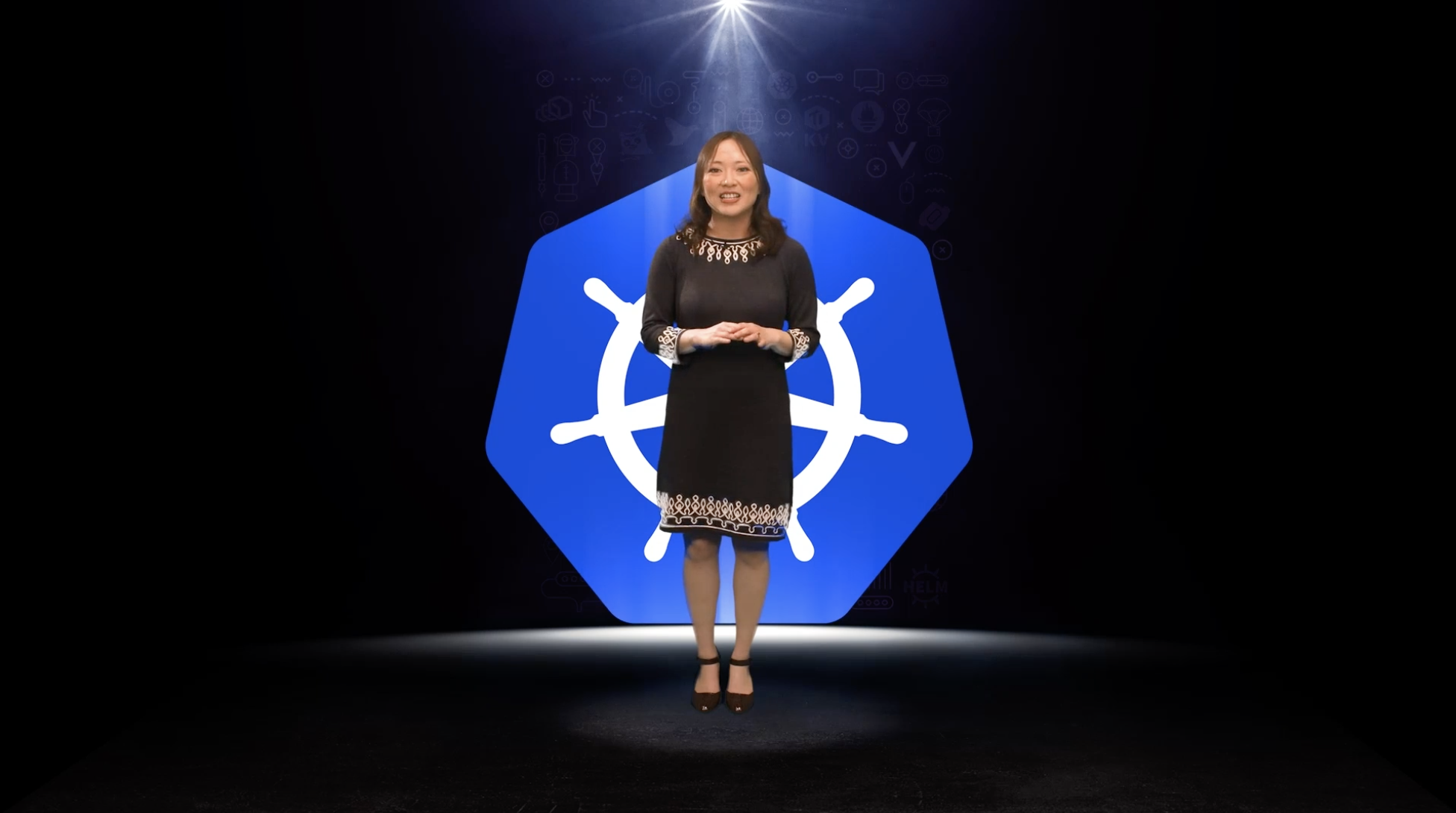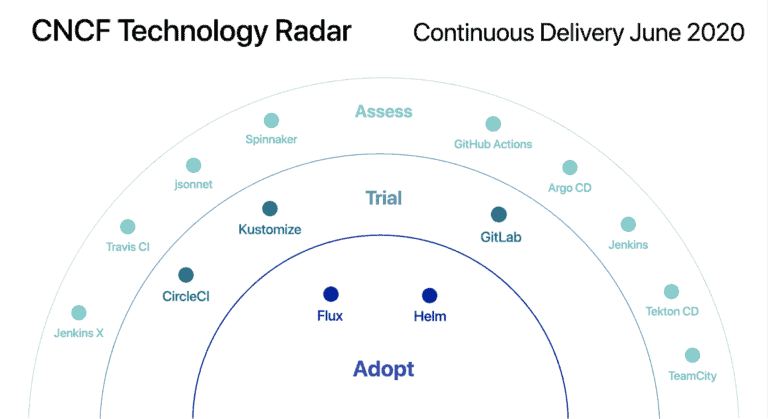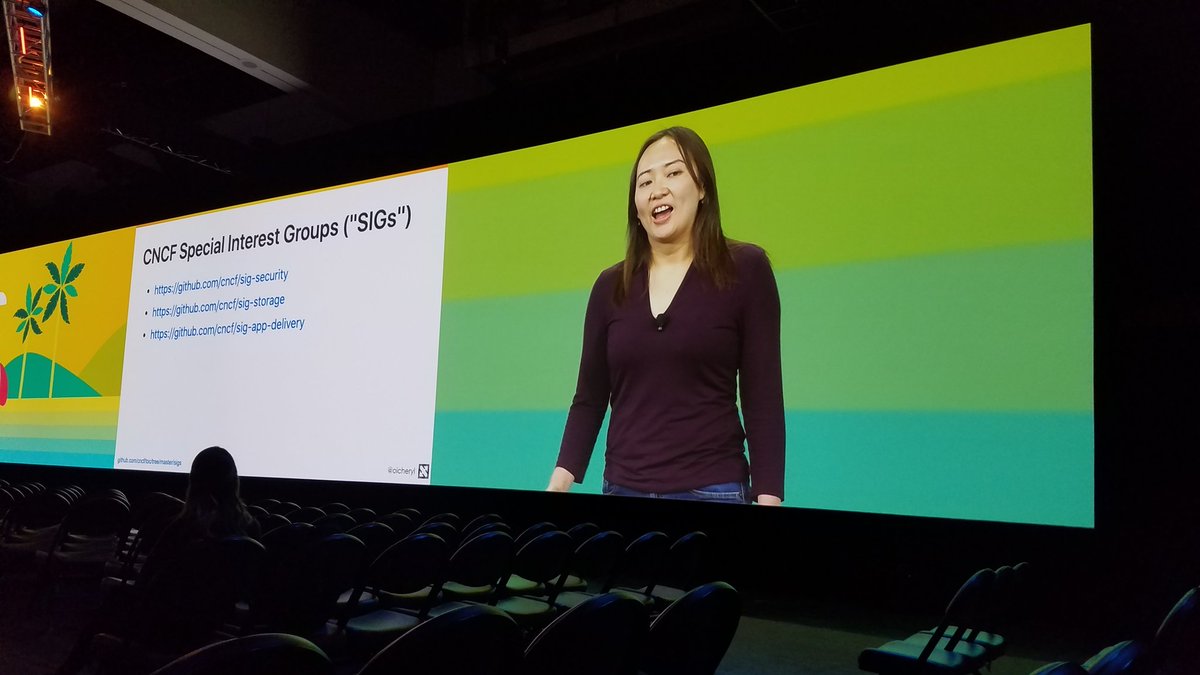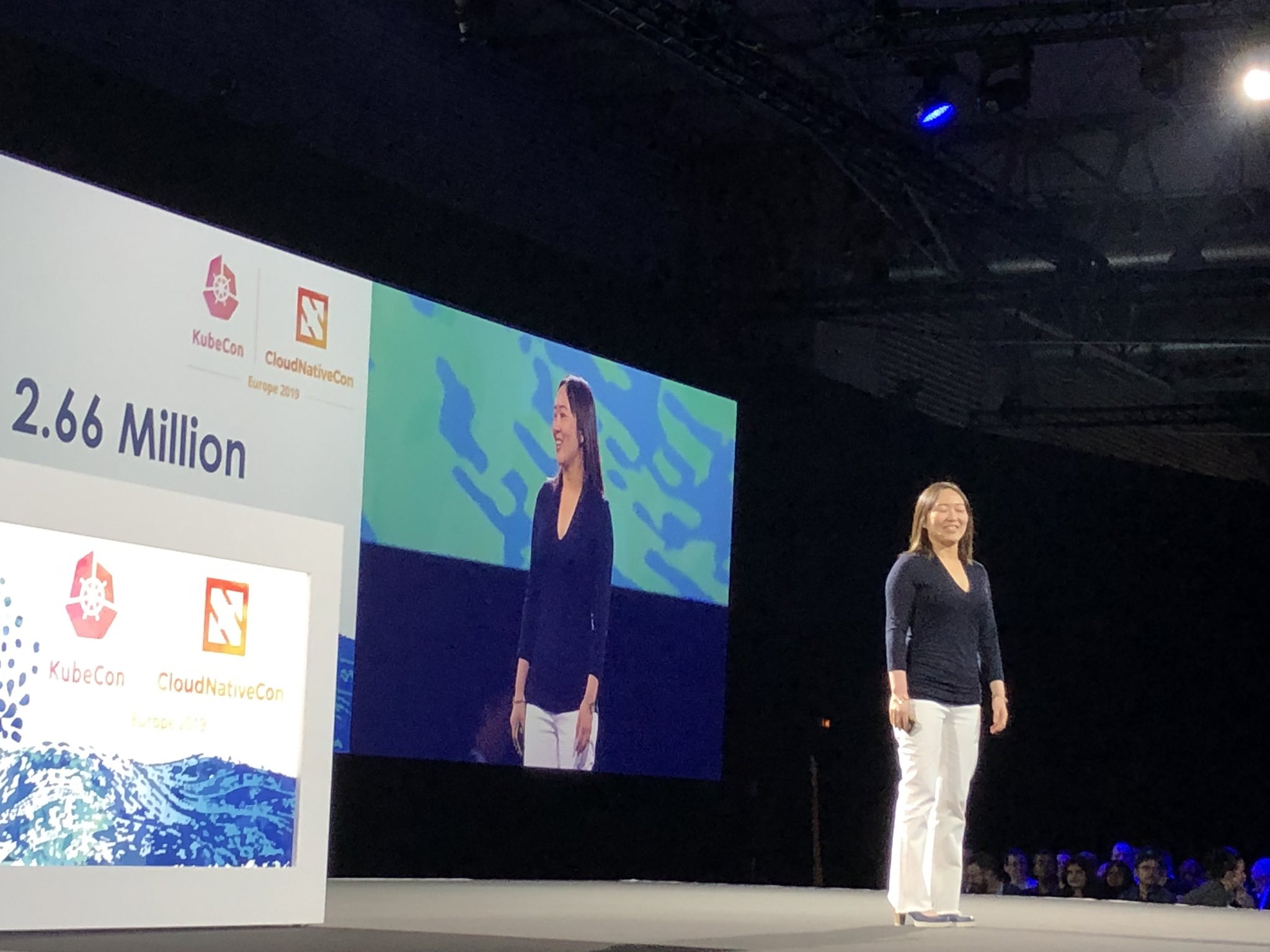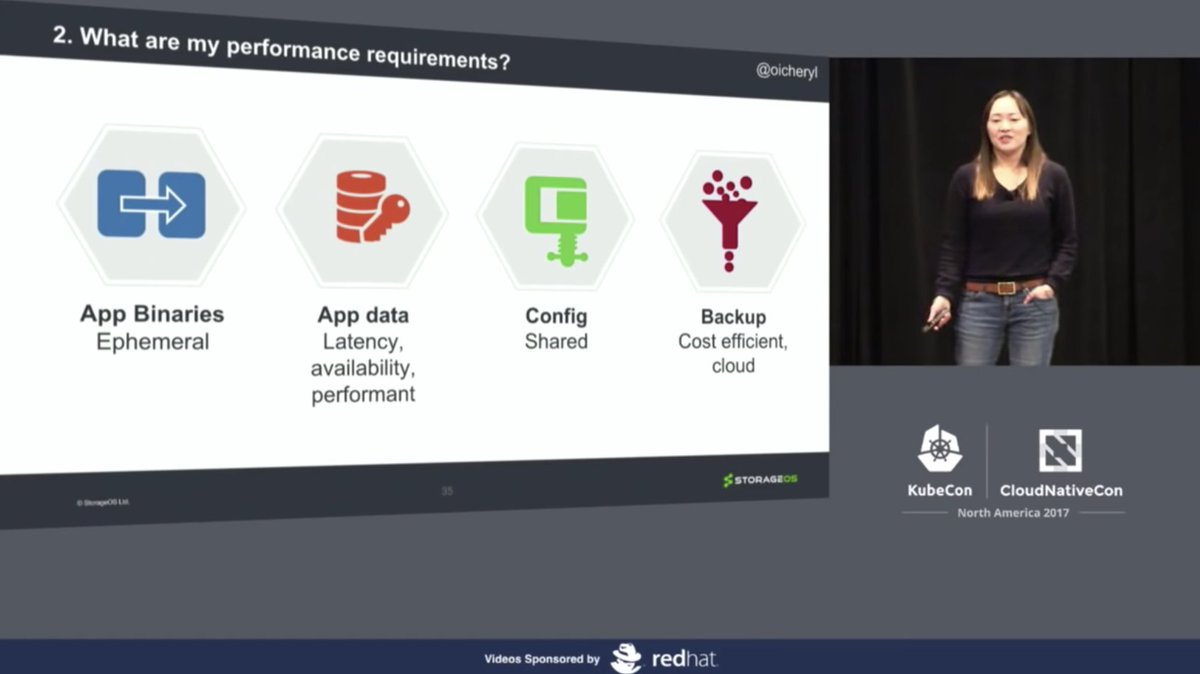Cloud Native London September 2024: Cisco, Akamai Technologies, and Meta
Three speakers from Cisco, Akamai Technologies, and Meta joined us at the September Cloud Native London meetup at the Just Eat offices, as well as via the YouTube/Twitch livestreams.
We are immensely grateful to Cloudified for their generous support and sponsorship.
Overview
Kicking off our evening was Zaheer Merali from Cisco discussing AI Model hosting - K8s?(starting at 14:05). He talked about how:
- It’s much easier to kickstart a feature or an app with managed model hosting than self-hosting
- Inference workloads like LLM models have very different characteristics to web applications
- The cost to run LLM models is super high
Next up we had Lewis Edginton from Akamai Technologies with his talk on the Moving CI/CD closer to the developer with k8s, fast feedback along the whole code path(starting at 47:01). His takeaways mentioned that:
- Increased consistency across dev environments all the way down to production reduces operational risk & increases cadence.
- Using Kubernetes as a compatibility layer allows for totally platform-agnostic build and deployment pipelines, be it a different cloud or even a dev’s laptop!
- Fast feedback loops are beneficial all along the code delivery pipeline.
And wrapping up our evening was Michael Panin from Meta telling us that Software Development is An Art: why it is so difficult to estimate tasks(starting at 1:31:29). His takeaways are about:
- Inherent Uncertainty and Complexity: Software development is an inherently creative and exploratory process. Each task can uncover unforeseen challenges, dependencies, or edge cases, making it difficult to predict how long it will actually take. The complexity of integrating new features with existing code, dealing with technical debt, or addressing unexpected bugs contributes to the unpredictable nature of time estimates.
- Human Factors and Estimation Bias: Developers often face cognitive biases such as optimism bias, where they underestimate the time required, believing tasks are simpler than they are. Additionally, varying skill levels, experience, and understanding of the requirements among team members can lead to inconsistent estimates. Human factors like fatigue, interruptions, and individual productivity fluctuations further complicate accurate time predictions.
- Changing Requirements and Scope Creep: In a dynamic environment, requirements can evolve during the development process. Changes in project scope, new stakeholder demands, and shifting priorities can drastically alter the time needed to complete tasks. This fluidity makes initial estimates quickly outdated, as developers must adapt to new information and adjust their workflows accordingly. Effective project management and agile methodologies can help mitigate, but not eliminate, the impact of these changes on task estimation.
And of course, our usual group photo!
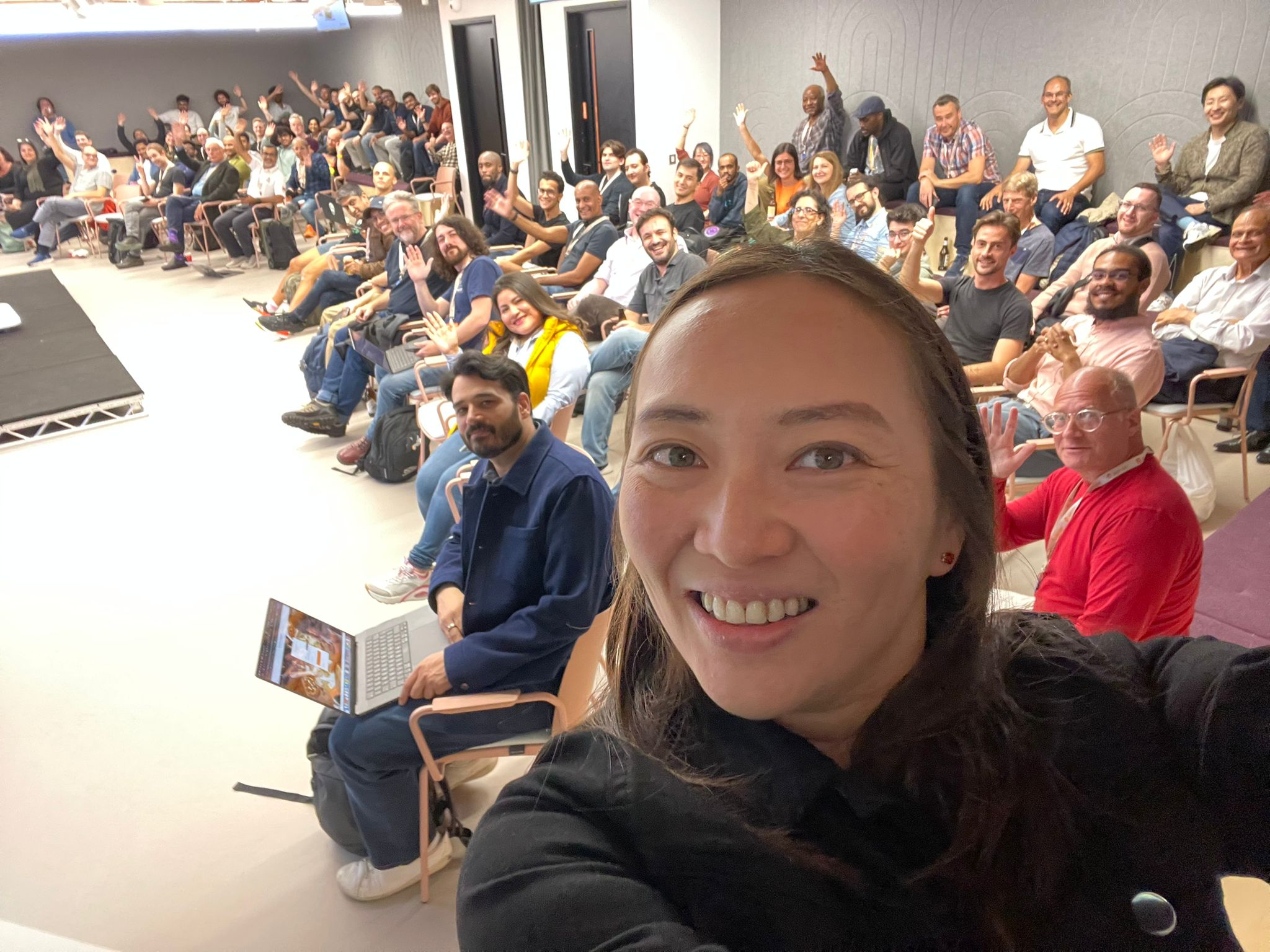
Cloud Native London October
Our next meetup will be on Wednesday 2nd October, when we’ll be joined by speakers from AWS, Mia-Platform, and Kubeshop! RSVP and save the date now!.
Stay safe, stay healthy, and see you in a month!
Cheryl (@oicheryl)
